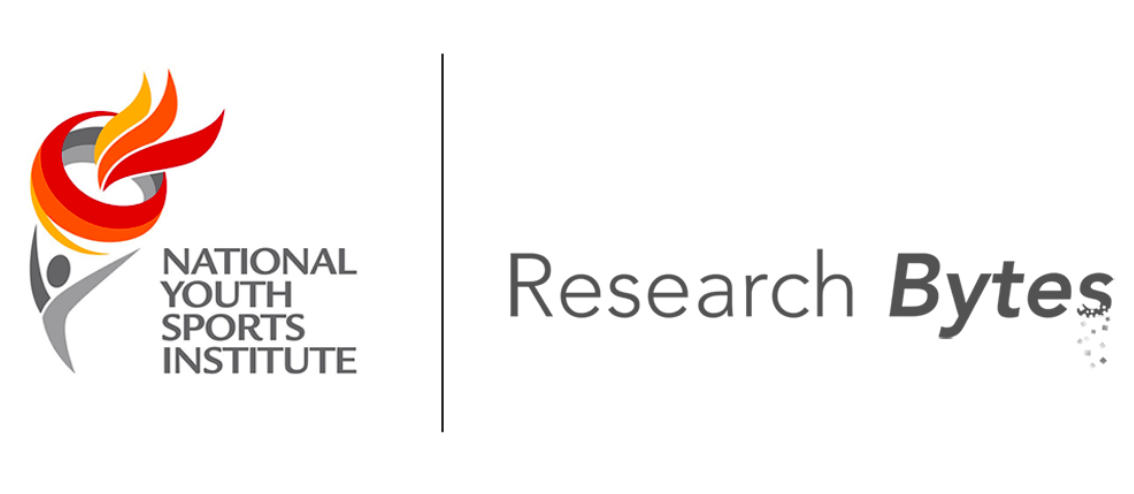NYSI Research Bytes
NYSI Research Bytes is a sports science newsletter. In each issue, we speak to a sports science expert and ask them to share more about their work. If you’re keen on receiving these monthly nuggets of information to complement your current daily practice, do head to http://www.bit.ly/nysiresearchbytes to subscribe to the mailing list.
Mr Jeter Yap
NYSI Research Bytes: Exploring Performance in Racket Sports
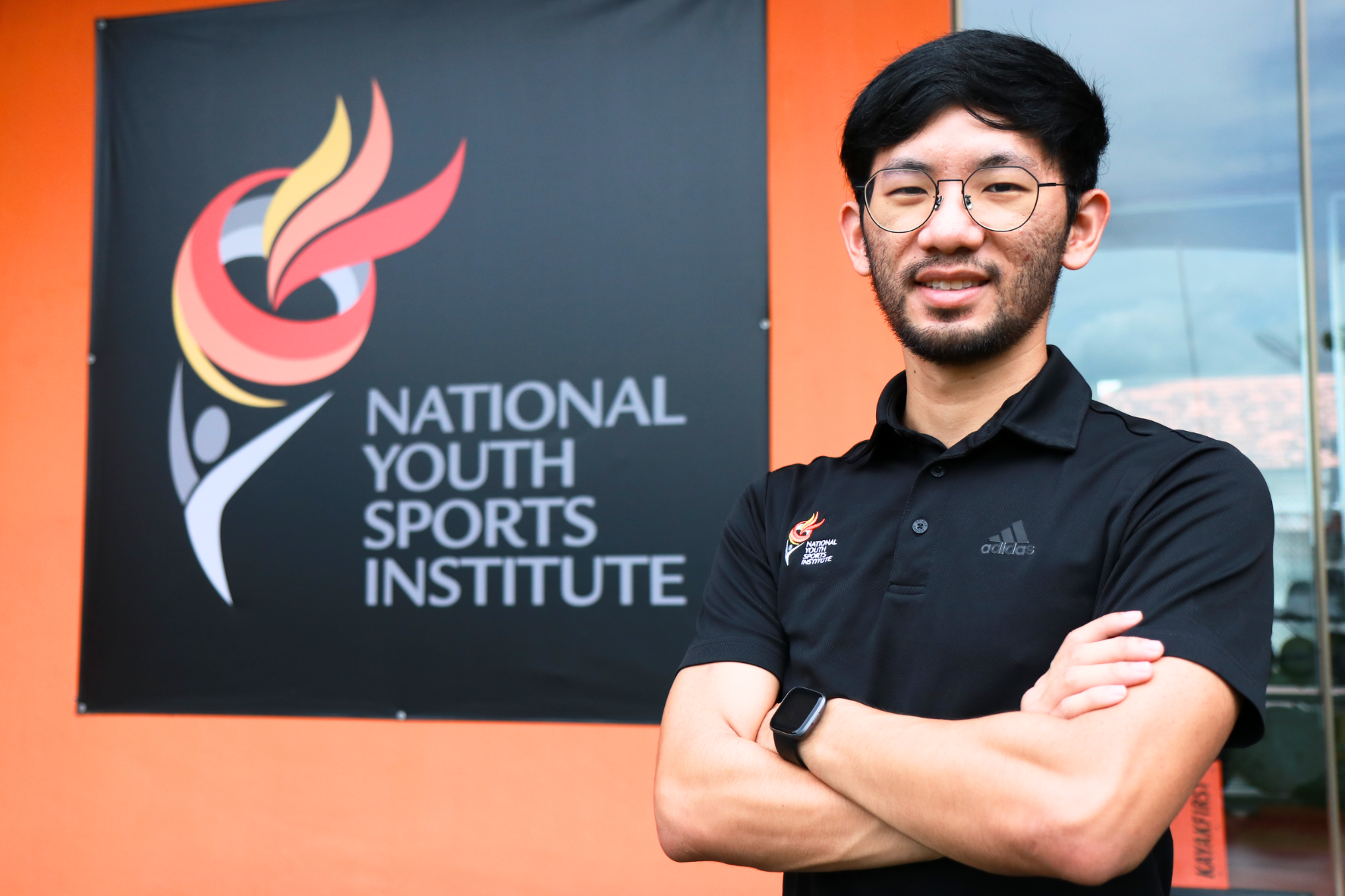 In the dynamic arena of racket sports, every move counts. This edition of Research Bytes takes a deep dive into the metrics that shape performance, focusing on how unforced errors (UEs) illuminate the path to athletic excellence. Join us as we explore insights from Jeter Yap, Performance Pathways Scientist at NYSI, who illuminates how UEs can enhance decision-making and strategy in training sessions.
In the dynamic arena of racket sports, every move counts. This edition of Research Bytes takes a deep dive into the metrics that shape performance, focusing on how unforced errors (UEs) illuminate the path to athletic excellence. Join us as we explore insights from Jeter Yap, Performance Pathways Scientist at NYSI, who illuminates how UEs can enhance decision-making and strategy in training sessions.
Highlights:
- How UEs serve as performance markers in racket sports
- The challenges of using UE data and ensuring reliable analysis
- Future developments to refine metrics for junior athletes
Find out more here.
Dr Gaku Kakehata
NYSI Research Bytes: The Science Behind Sprint Speed
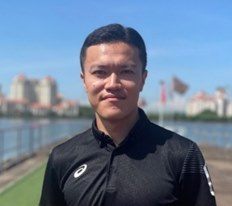
The 2024 Olympic and Paralympic Games have once again showcased incredible feats of speed, inspiring us to delve deeper into what drives sprint performance. In this issue of Research Bytes, we focus on the neuromuscular factors that power those lightning-fast sprints in youth athletes. Join us as we explore insights from Dr. Gaku Kakehata of Waseda University, who has spent years researching the secrets of sprinting speed.
Discover more about how these findings can transform training approaches and enhance sprint performance.
Find out more here.
https://sway.cloud.microsoft/xrHSTTuDFKgOgZJV?ref=Link&loc=play
Dr Anthea Clarke
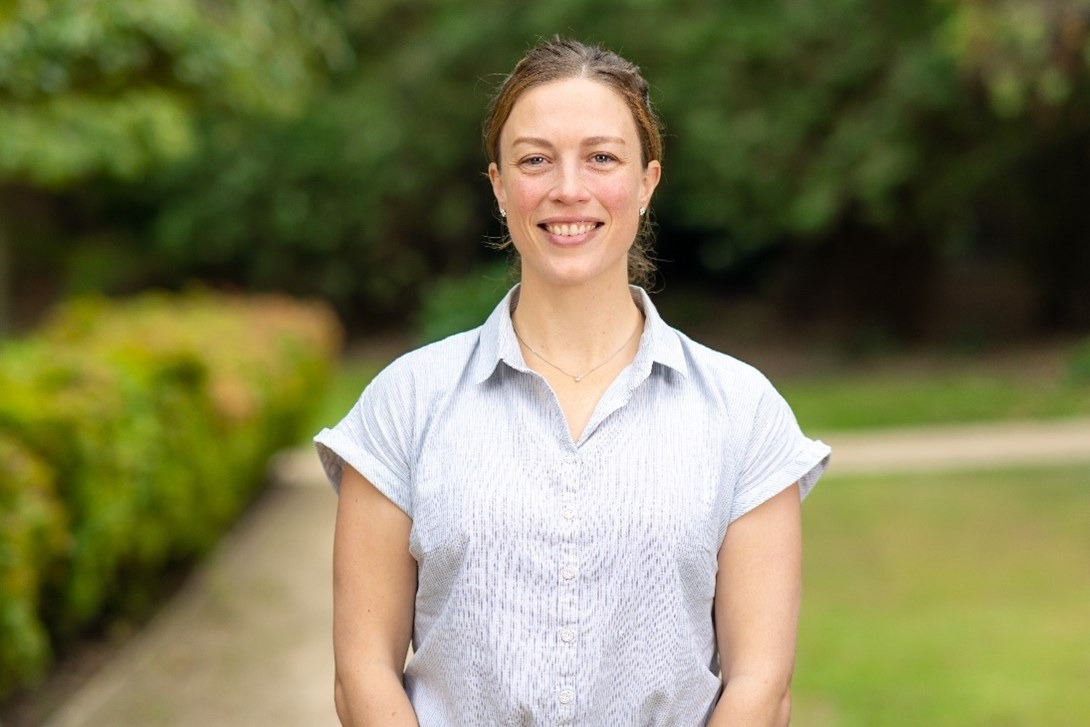 The 2024 Olympic Games marked the first time in Olympic history that there were an equal number of male and female competitors at the games. To celebrate this milestone, we are dedicating this edition of Research Bytes to highlight the unique challenges facing female athletes. Our guest today is Dr. Anthea Clarke who holds a PhD in Health from the University of Canberra and has published extensively on women in sport, including research that focuses on female athletes.
The 2024 Olympic Games marked the first time in Olympic history that there were an equal number of male and female competitors at the games. To celebrate this milestone, we are dedicating this edition of Research Bytes to highlight the unique challenges facing female athletes. Our guest today is Dr. Anthea Clarke who holds a PhD in Health from the University of Canberra and has published extensively on women in sport, including research that focuses on female athletes.Find out more here.
BY NYSI
 We're excited to feature Dr. Jamie Lye, Research Fellow at NUS Yong Loo Lin School of Medicine and former NYSI colleague. Dr. Lye's groundbreaking research sheds light on Low Energy Availability (LEA) and disordered eating in elite female adolescent athletes and ballet dancers. Her findings offer a comprehensive list of strategies to mitigate LEA risks.
We're excited to feature Dr. Jamie Lye, Research Fellow at NUS Yong Loo Lin School of Medicine and former NYSI colleague. Dr. Lye's groundbreaking research sheds light on Low Energy Availability (LEA) and disordered eating in elite female adolescent athletes and ballet dancers. Her findings offer a comprehensive list of strategies to mitigate LEA risks.🔍 Key Takeaways:
- Age and academic pressures significantly impact LEA risk.
- Practical steps for athletes to maintain energy balance.
- Essential strategies for educators, coaches, and parents to support young athletes.
Find out more here.
BY NYSI
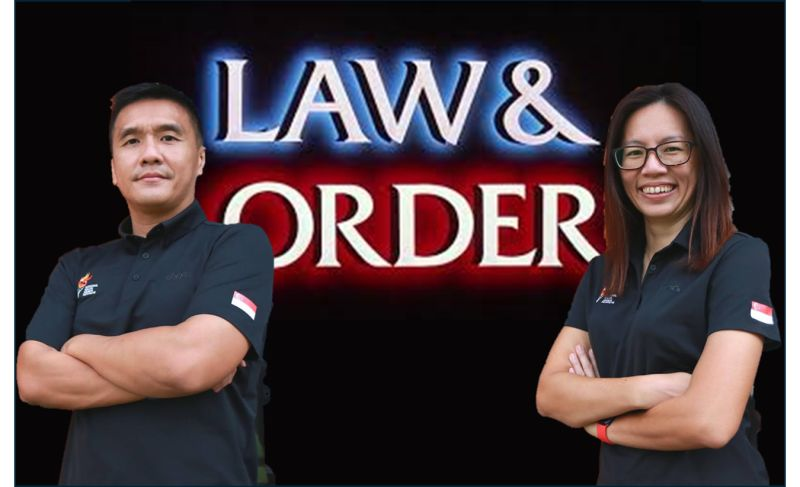 🔍 Dive into the World of Evidence-Based Coaching in Singapore!
🔍 Dive into the World of Evidence-Based Coaching in Singapore! Join NYSI's very own detective duo, Joanne Kyra Loo and Gabriel Choong, as they unravel the mysteries of evidence-based approaches in youth sport coaching.
In this edition of NYSI Research Bytes, uncover:
⚫️ The key insights from their recent publication on evidence-based coaching practices.
⚫️ How coaches gather and implement evidence-based knowledge in their coaching journey.
⚫️ Strategies to overcome barriers to the adoption of evidence-based practices in youth sport coaching.
Don't let this case go cold! Dive into the evidence and crack the coaching code with our detective duo, Joanne and Gabriel.
Find out more here.
Dr Carl James
NYSI Research Bytes: Rise of the machines
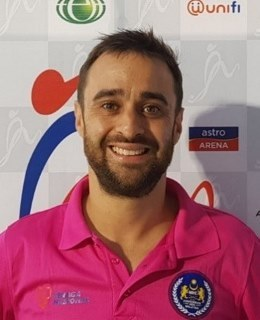
Our latest research bytes newsletter explores how artificial intelligence is reshaping exercise programming. Dr. Carl James unveils groundbreaking insights on leveraging ChatGPT for personalized resistance training.
Here's what you'll learn:
1️⃣ AI's potential to optimize exercise prescription.
2️⃣ The critical role of human oversight in AI-driven training.
3️⃣ The dynamic evolution of technology in sports science.
Find out more here.
BY NYSI
NYSI Research Bytes: Ramadan Recap
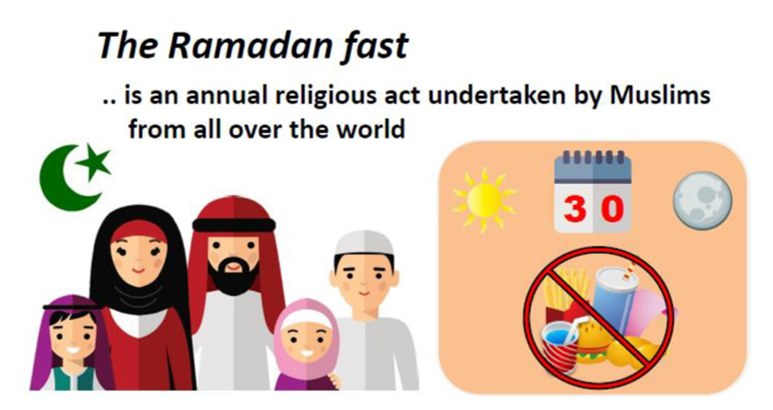 🔍 Curious about the effects of Ramadan Fasting on your youth athletes?
🔍 Curious about the effects of Ramadan Fasting on your youth athletes?This month 2 billion people around the world will be observing the Islamic holy month of Ramadan. In this edition, the NYSI Research Bytes team will be recapping the science around the impact of Ramadan fasting on athlete performance and recovery, and highlight some important recommendations for athletes, coaches and parents. Dive into the discussion now 👇
Find out more here.
Dr Mustafa Sarkar
NYSI Research Bytes: Motivational profiles, wellbeing and burnout.
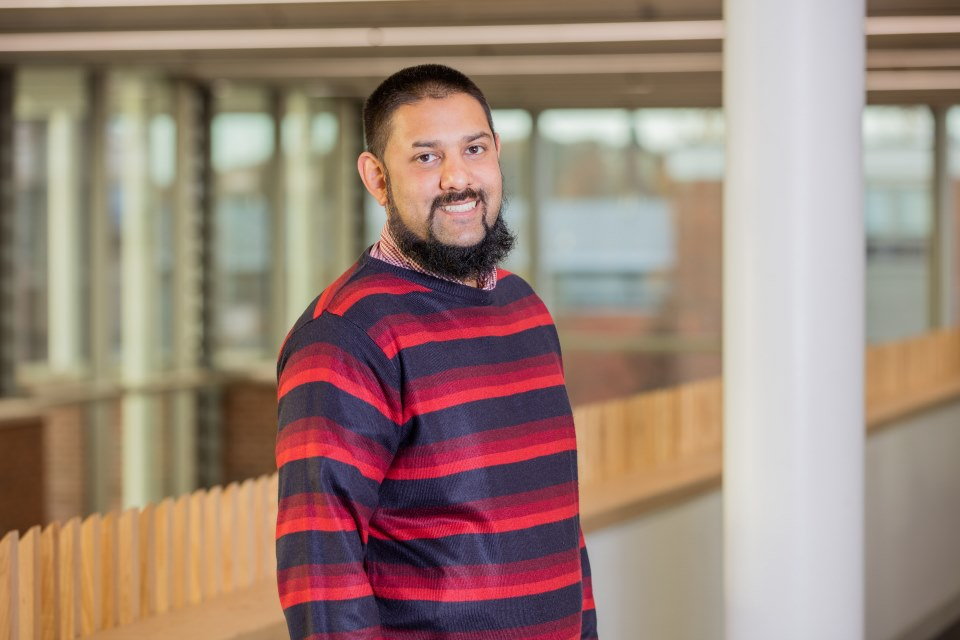
🔍 Dive into Associate Professor Mustafa Sarkar's latest insights on motivational profiles and their relation to well-being, burnout, and dropout intentions in university football players.
🌟 Discover practical recommendations for supporting athletes in their pursuit of performance excellence.
📖 Get exclusive access to the full newsletter by clicking the link below!
BY NYSI
NYSI Research Bytes: Considerations for early specialisation in youth sport.
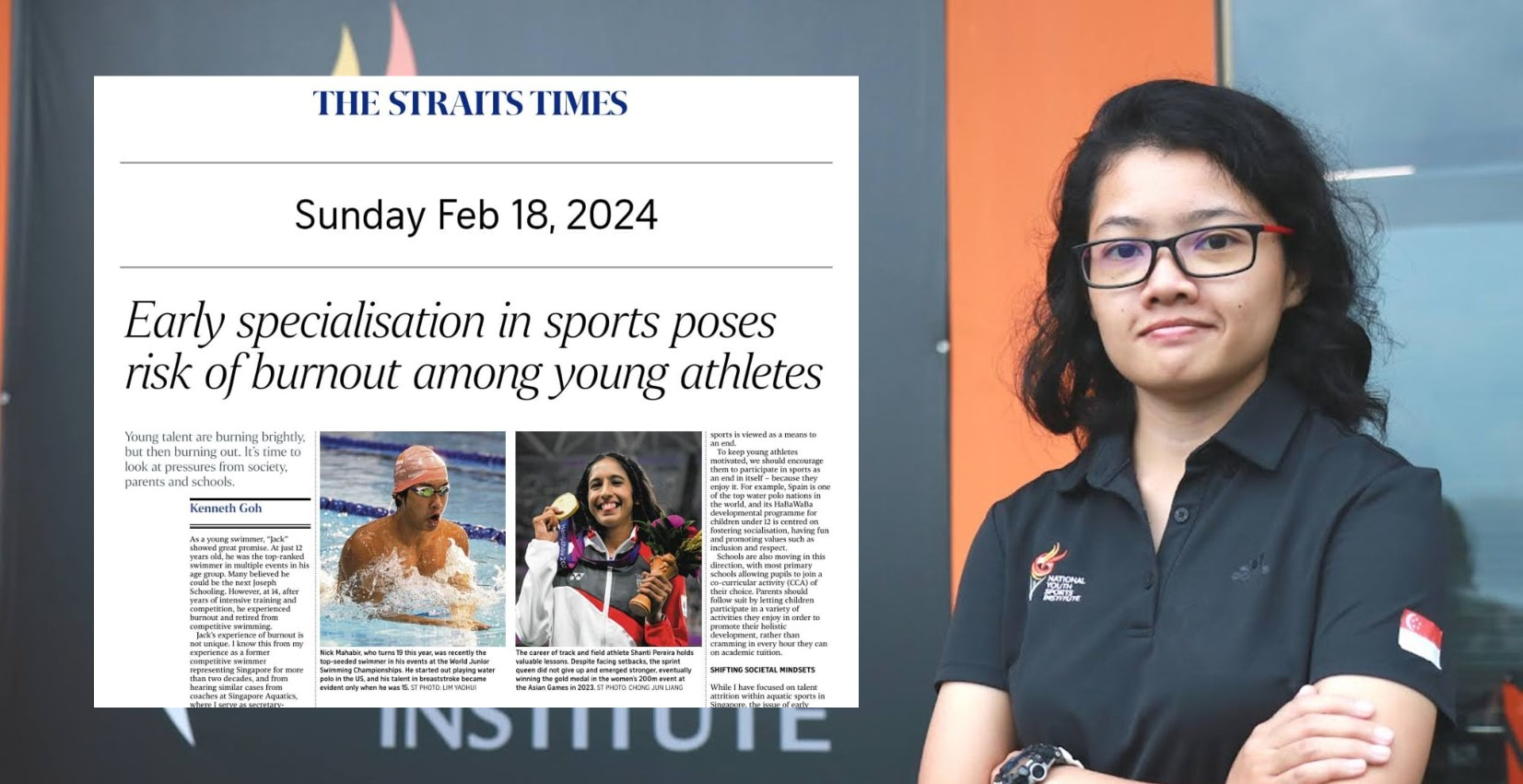 In our upcoming "Research Bytes" newsletter, we're tackling the thought-provoking insights from the recent Straits Times article published on 18th February, titled "Early specialisation in sport poses risk of burnout among youth athletes." 🏅🏆
In our upcoming "Research Bytes" newsletter, we're tackling the thought-provoking insights from the recent Straits Times article published on 18th February, titled "Early specialisation in sport poses risk of burnout among youth athletes." 🏅🏆
Join us as Nur Adilah Binte Masismadi, our Research Associate and PhD candidate at La Trobe University (Australia), delves into the critical questions raised by this article, shedding light on the myths surrounding early specialisation in sports.
In this exclusive interview, Adilah addresses the pressing questions and misconceptions, including:
🔍 Defining "Early Specialisation": Understanding the nuances and complexities.
🚫 Risks vs. Benefits: Debunking myths and exploring the potential drawbacks and advantages.
🔄 One Size Fits All?: Unveiling the nuanced approach required in youth athlete development.
📚 Resources for You: Access valuable online resources and e-books for further insights.
Read more here.
BY NYSI
NYSI Research Bytes: A sneak peek into the Skill Acquisition Framework for Youth Sport in Singapore.
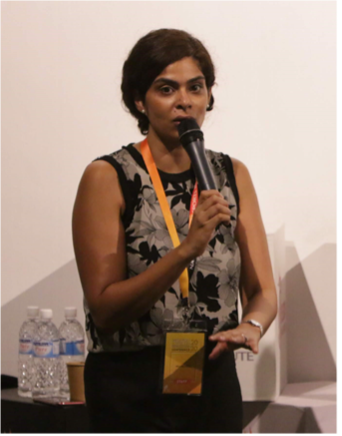 Dr Neha Malhotra is a Skill Acquisition and Sport Psychology specialist within NYSI’s Performance Pathways Science team. Over the last year, Dr Malhotra has been working on a Skill Acquisition Framework for youth sport in Singapore together with fellow experts in the field (Dr Jonathan Leo Ng, Dr Chow Jia Yi, and Dr Rich Masters). In this edition of NYSI Research Bytes, Dr Malhotra shares about the process of coming up with the framework and the ways in which it could benefit local sport practitioners.
Dr Neha Malhotra is a Skill Acquisition and Sport Psychology specialist within NYSI’s Performance Pathways Science team. Over the last year, Dr Malhotra has been working on a Skill Acquisition Framework for youth sport in Singapore together with fellow experts in the field (Dr Jonathan Leo Ng, Dr Chow Jia Yi, and Dr Rich Masters). In this edition of NYSI Research Bytes, Dr Malhotra shares about the process of coming up with the framework and the ways in which it could benefit local sport practitioners.
Find out more here.
By NYSI
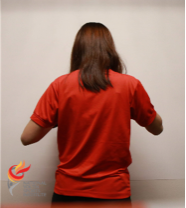 Body Image Dissatisfaction (BID) can occur when one persistently has negative thoughts and feelings about their body. Regardless of gender, youth athletes are at a high risk of developing BID and it is important to address BID before it leads to unhealthy eating and other health risk behaviours. In this edition of Research Bytes, we will discuss factors that contribute to BID and ways for the different stakeholders to develop an environment which supports healthy body image.
Body Image Dissatisfaction (BID) can occur when one persistently has negative thoughts and feelings about their body. Regardless of gender, youth athletes are at a high risk of developing BID and it is important to address BID before it leads to unhealthy eating and other health risk behaviours. In this edition of Research Bytes, we will discuss factors that contribute to BID and ways for the different stakeholders to develop an environment which supports healthy body image.View the Video here.
Dr Jessica Fraser-Thomas

By NYSI
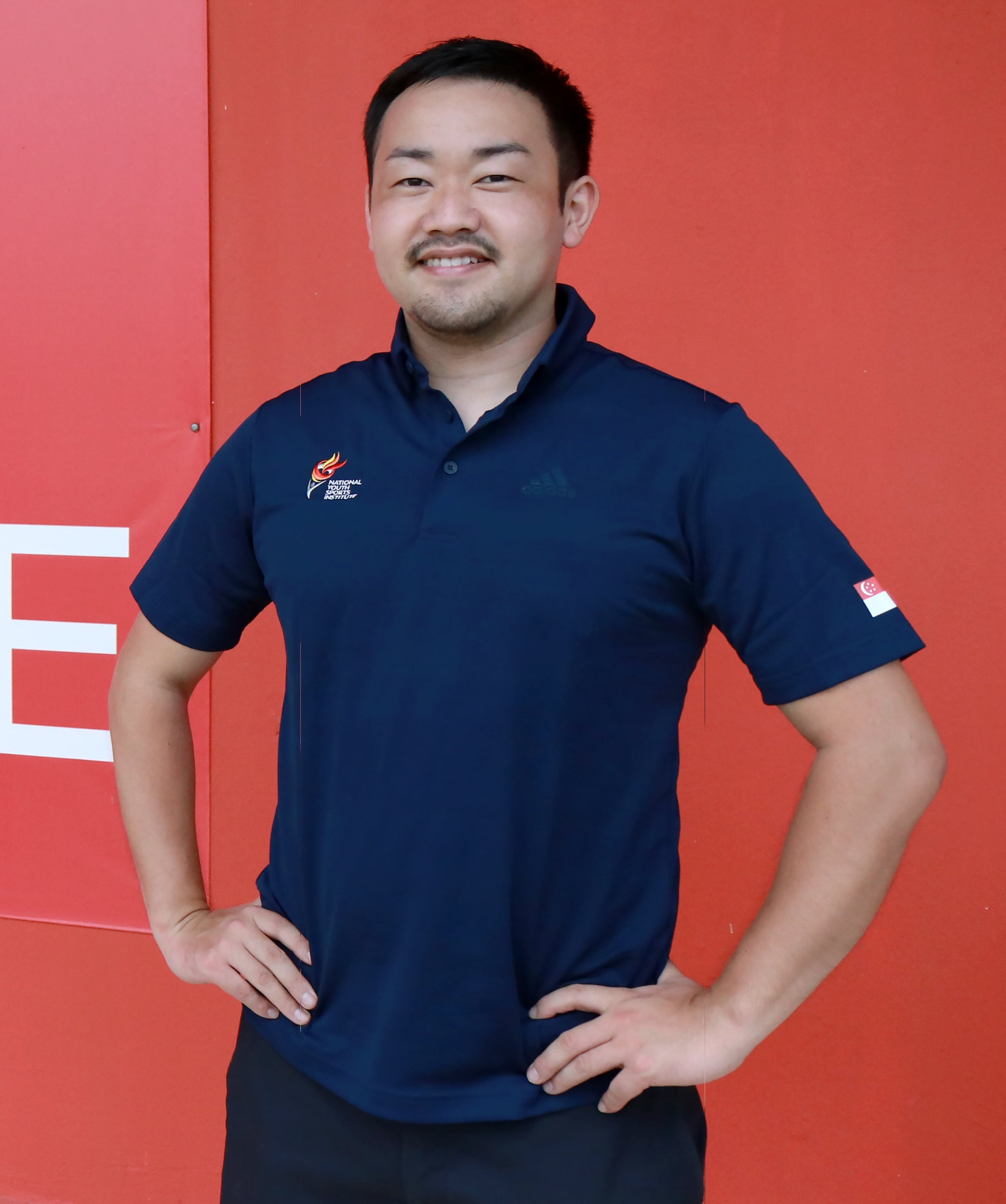
By NYSI

Dr Tracy Rea
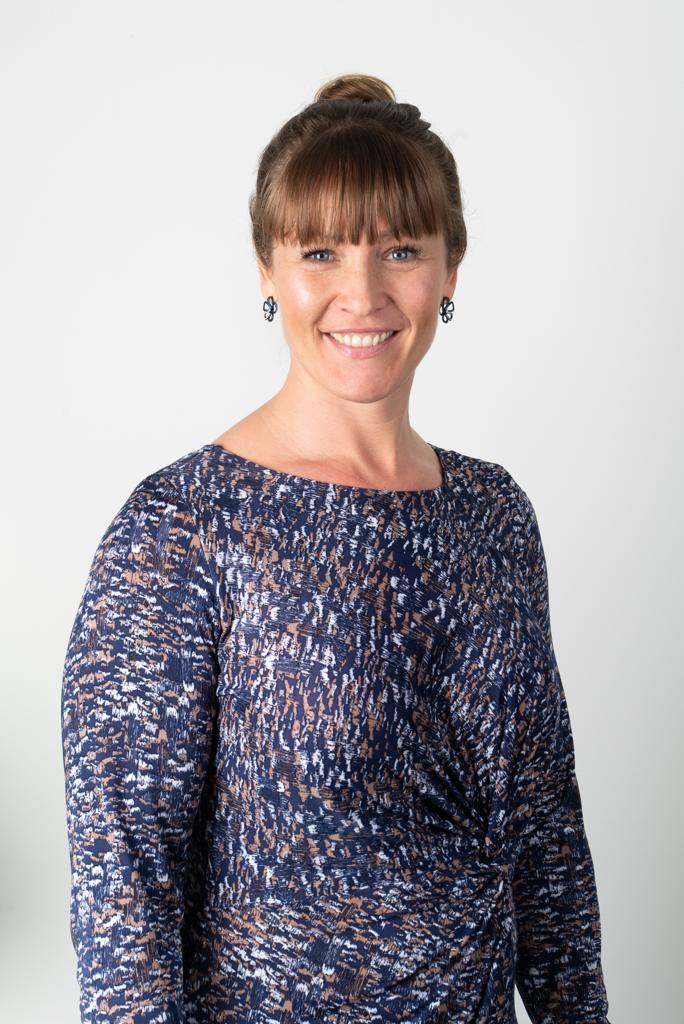
By NYSI
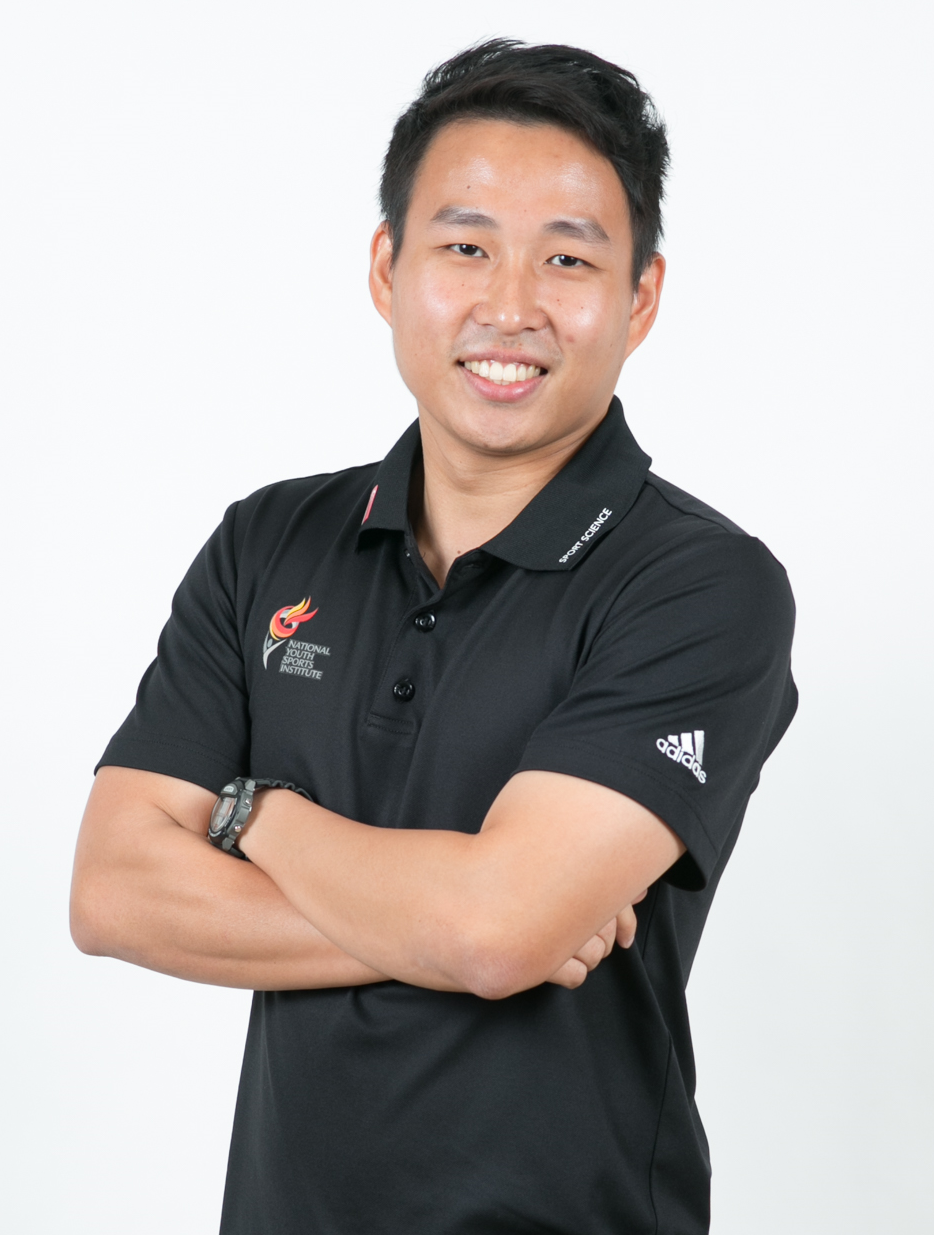
Read the Newsletter here.
By NYSI

View the Video here.
By NYSI
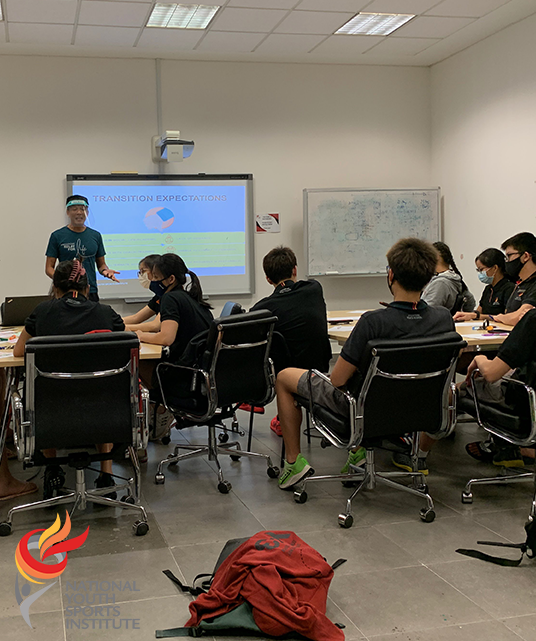
View the Video here.
By NYSI
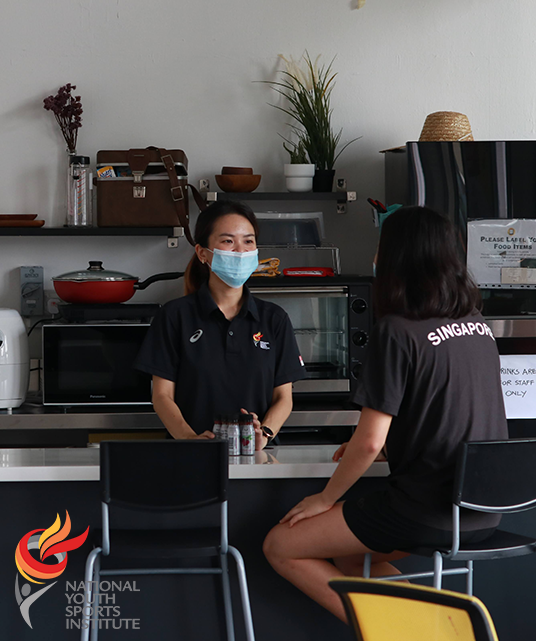
View the Video here.
Dr Haresh Suppiah
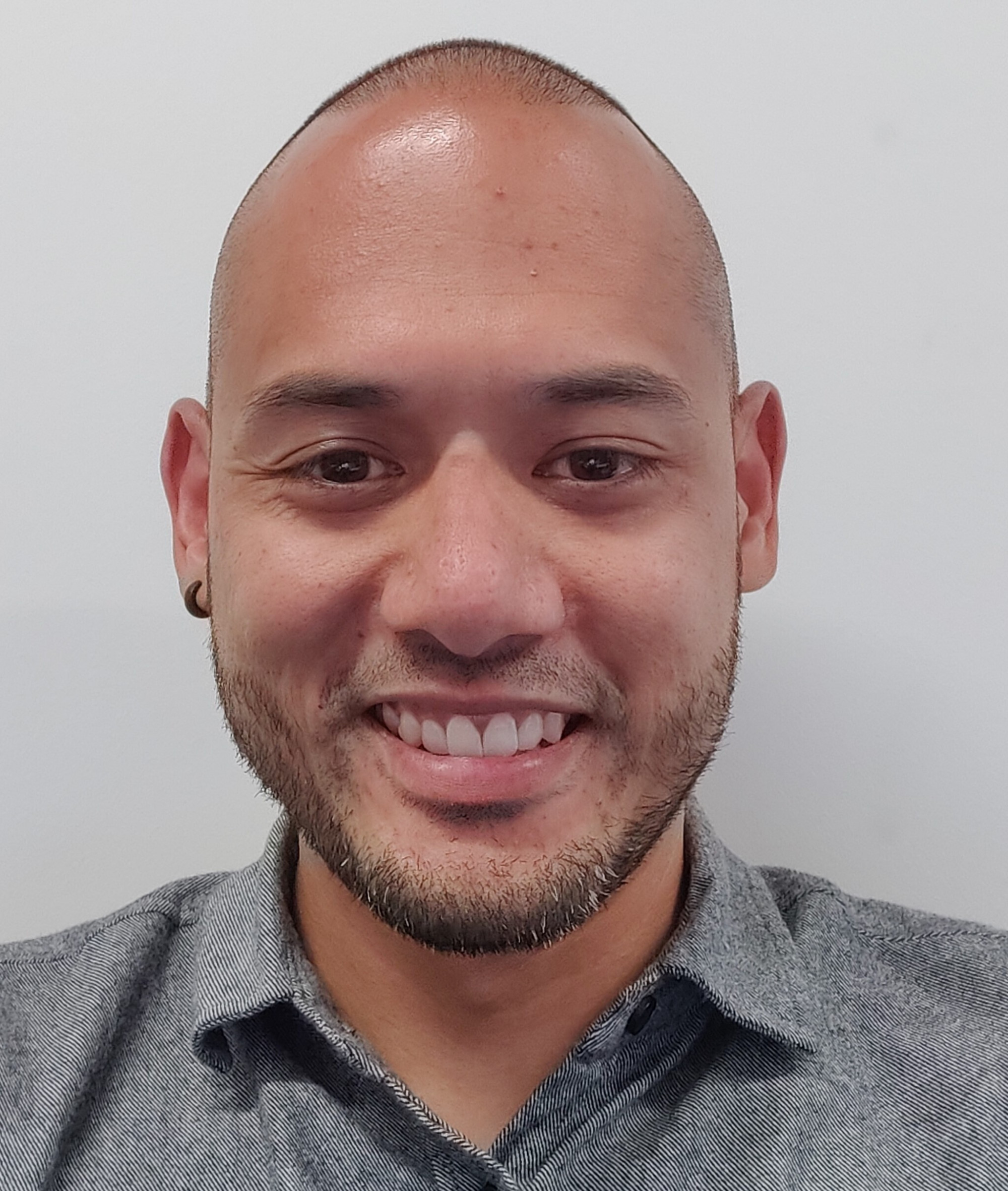
View the Video here.
Dr Sofyan Bin Sahrom
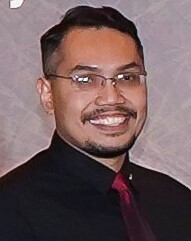
View the Video here.
Dr Cliff Mallett
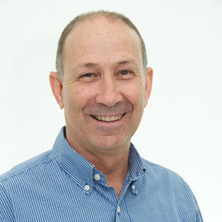
Read the Newsletter here.
Dr Damian Farrow
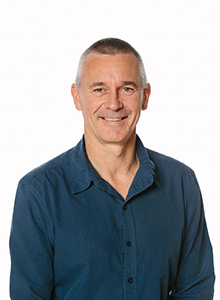
In this edition of Research Bytes, we will be exploring a Skill Acquisition Periodisation (SAP) framework developed by Dr Damian Farrow to guide practitioners on how to plan, monitor and evaluate skill training programmes.
View the Video here.
Dr Chow Jia Yi
 Find out more in this edition of Research Bytes where Associate Professor Chow Jia Yi shares more about non-linear pedagogy and how to factor the complexity of learning movements into coaching. Assoc Prof Chow’s research interests include the development of non-linear pedagogy and the implementation of ecological dynamics. He is also on the Editorial Board of the International Journal of Sport Psychology and Sports Medicine.
Find out more in this edition of Research Bytes where Associate Professor Chow Jia Yi shares more about non-linear pedagogy and how to factor the complexity of learning movements into coaching. Assoc Prof Chow’s research interests include the development of non-linear pedagogy and the implementation of ecological dynamics. He is also on the Editorial Board of the International Journal of Sport Psychology and Sports Medicine. View the Video here.
Dr Li Ping Wei
 Dr Li Ping Wei is a tennis coach and a doctoral researcher in elite sport, focusing on tennis. She is also the founder of the China-Europe Tennis Platform, which aims to exchange coaching expertise and research between China and European countries. Dr Li Ping Wei is passionate about using her research findings to influence changes in the sport ecosystem to be less results-driven and more developmental for youth athletes. In this edition of Research Bytes, we discuss how early sporting success should not be the sole criteria for talent identification or assessment of an athlete’s potential.
Dr Li Ping Wei is a tennis coach and a doctoral researcher in elite sport, focusing on tennis. She is also the founder of the China-Europe Tennis Platform, which aims to exchange coaching expertise and research between China and European countries. Dr Li Ping Wei is passionate about using her research findings to influence changes in the sport ecosystem to be less results-driven and more developmental for youth athletes. In this edition of Research Bytes, we discuss how early sporting success should not be the sole criteria for talent identification or assessment of an athlete’s potential.View the Video here.
Dr Kristoffer Henriksen
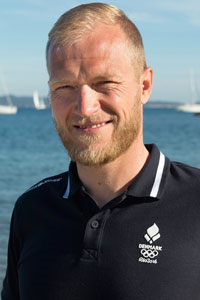 Associate Professor Kristoffer Henriksen is the Head of the Research Unit for Learning and Talent in Sport at the University of Southern Denmark. He shares how sporting organisations can affect the athletic talent development environment in his latest publication titled, 'An “Organisational Triangle” to Coordinate Talent Development: A Case Study in Danish Swimming'. His work on the Holistic Ecological Approach (HEA) to athlete development has helped shape how athletic talent development environments are understood. This edition of Research Bytes highlights various ways in which organisational collaborations can contribute to a successful talent development environment.
Associate Professor Kristoffer Henriksen is the Head of the Research Unit for Learning and Talent in Sport at the University of Southern Denmark. He shares how sporting organisations can affect the athletic talent development environment in his latest publication titled, 'An “Organisational Triangle” to Coordinate Talent Development: A Case Study in Danish Swimming'. His work on the Holistic Ecological Approach (HEA) to athlete development has helped shape how athletic talent development environments are understood. This edition of Research Bytes highlights various ways in which organisational collaborations can contribute to a successful talent development environment.Dr Craig Harrison
 Dr Craig Harrison is a Research Fellow specialising in Youth Athlete Development at the Auckland University of Technology (AUT). He is also the founder of the Athlete Development Project, a programme which aims to create an environment that facilitates youths to learn and realize their potential both in sports and in life. He shares his knowledge about how the environment can shape youth athlete development and why a skate park environment is capable of grooming skilled, adaptable, and resilient youth athletes. He has collaborated with many industry experts and has released over 90 podcasts on topics related to youth athlete development.
Dr Craig Harrison is a Research Fellow specialising in Youth Athlete Development at the Auckland University of Technology (AUT). He is also the founder of the Athlete Development Project, a programme which aims to create an environment that facilitates youths to learn and realize their potential both in sports and in life. He shares his knowledge about how the environment can shape youth athlete development and why a skate park environment is capable of grooming skilled, adaptable, and resilient youth athletes. He has collaborated with many industry experts and has released over 90 podcasts on topics related to youth athlete development.Read the Newsletter here.
By NYSI
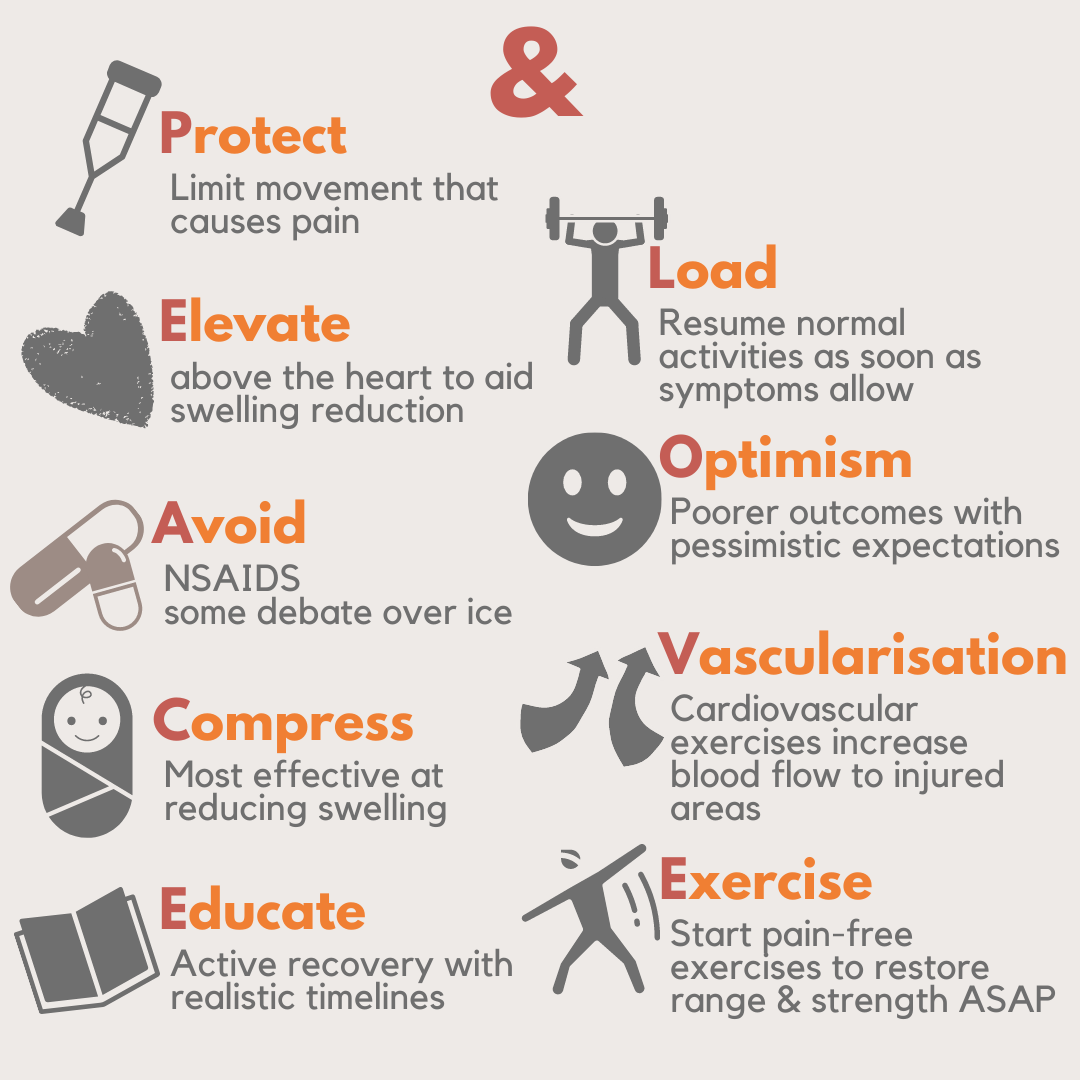 Following the usual ‘RICE’ acronym to treat your injuries? This edition of Research Bytes highlights how it may actually slow down your healing process and introduces a better alternative for managing your injuries. Better management of your injuries can minimise the chances of recurring sprains and strains. Onward to a better sporting journey!
Following the usual ‘RICE’ acronym to treat your injuries? This edition of Research Bytes highlights how it may actually slow down your healing process and introduces a better alternative for managing your injuries. Better management of your injuries can minimise the chances of recurring sprains and strains. Onward to a better sporting journey!View the Video here.
By NYSI
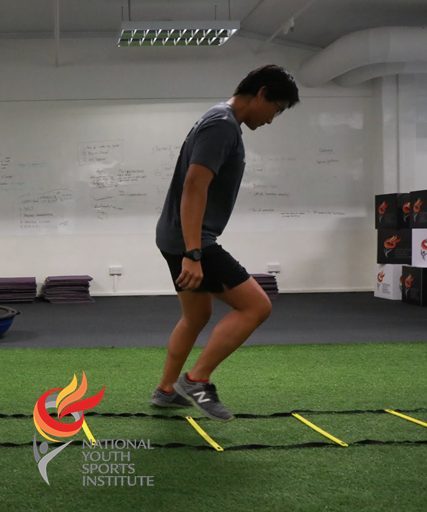 Small groups of 5 and social distancing measures? This edition of Research Bytes highlights various ways you can use these restrictions to your advantage in planning training during Phase 2 of reopening. It is possible to provide quality training plans for athletes returning to training despite the restrictions.
Small groups of 5 and social distancing measures? This edition of Research Bytes highlights various ways you can use these restrictions to your advantage in planning training during Phase 2 of reopening. It is possible to provide quality training plans for athletes returning to training despite the restrictions.View the Video here.
By NYSI
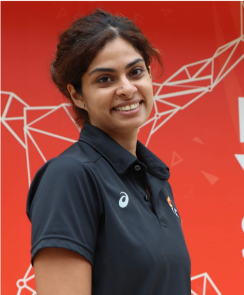 Dr Neha Malhotra is a Skill Acquisition Specialist, Sport Psychologist and Research Coordinator at NYSI. Her research has focused on the role of consciousness in motor skill learning and performance under pressure in sporting contexts. In this newsletter, Neha shares some tips for coaches and athletes returning to training based on a body of work in the field of Skill Acquisition (specifically Implicit Motor Learning).
Dr Neha Malhotra is a Skill Acquisition Specialist, Sport Psychologist and Research Coordinator at NYSI. Her research has focused on the role of consciousness in motor skill learning and performance under pressure in sporting contexts. In this newsletter, Neha shares some tips for coaches and athletes returning to training based on a body of work in the field of Skill Acquisition (specifically Implicit Motor Learning).By NYSI
 Ms Joanna Li joined NYSI this year as a Talent Identification Specialist. She is on the verge of completing her PhD with The University of Sydney in exercise physiology. Her research focuses on how exercise and physical activity impacts the cognitive function and academic performance of adolescent schoolboys. In this edition of Research Bytes, she shares about the current findings and limitations on exercise-induced cognitive enhancement in youths.
Ms Joanna Li joined NYSI this year as a Talent Identification Specialist. She is on the verge of completing her PhD with The University of Sydney in exercise physiology. Her research focuses on how exercise and physical activity impacts the cognitive function and academic performance of adolescent schoolboys. In this edition of Research Bytes, she shares about the current findings and limitations on exercise-induced cognitive enhancement in youths. By NYSI
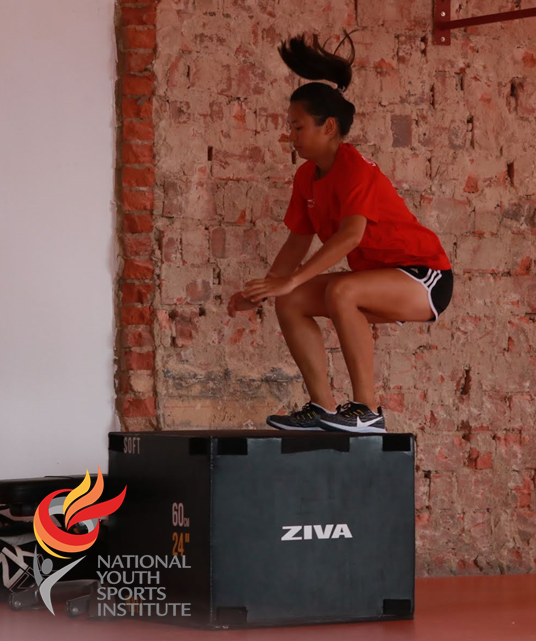 This edition of Research Bytes introduces the
effects of detraining and provides recommendations to minimise its impact on
athletic performance. This was published in the midst of a global pandemic –
COVID-19. Without the access to physical training locations such as the gym and
other training venues, athletes face the risk of reduced training loads and
fitness. This edition highlights various evidence-based recommendations that
athletes can adopt to minimise the effects of detraining during a period like
this.
This edition of Research Bytes introduces the
effects of detraining and provides recommendations to minimise its impact on
athletic performance. This was published in the midst of a global pandemic –
COVID-19. Without the access to physical training locations such as the gym and
other training venues, athletes face the risk of reduced training loads and
fitness. This edition highlights various evidence-based recommendations that
athletes can adopt to minimise the effects of detraining during a period like
this.View the Video here.
By NYSI
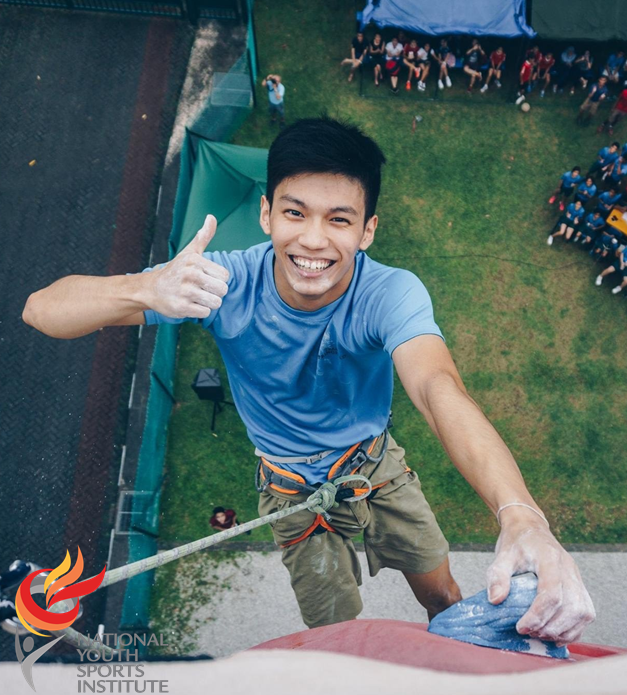 This edition of Research Bytes sheds light on
the topic of immune health in athletes. This release was published in the midst
of a global pandemic – COVID-19. High
academic load and prolonged high-intensity trainings are some of the stressors
that may threaten the immune health of youth athletes. This edition highlights various evidence-based
recommendations that athletes can adopt to protect themselves against
infections and illnesses.
This edition of Research Bytes sheds light on
the topic of immune health in athletes. This release was published in the midst
of a global pandemic – COVID-19. High
academic load and prolonged high-intensity trainings are some of the stressors
that may threaten the immune health of youth athletes. This edition highlights various evidence-based
recommendations that athletes can adopt to protect themselves against
infections and illnesses.View the Video here.
Dr Jonathan Ng
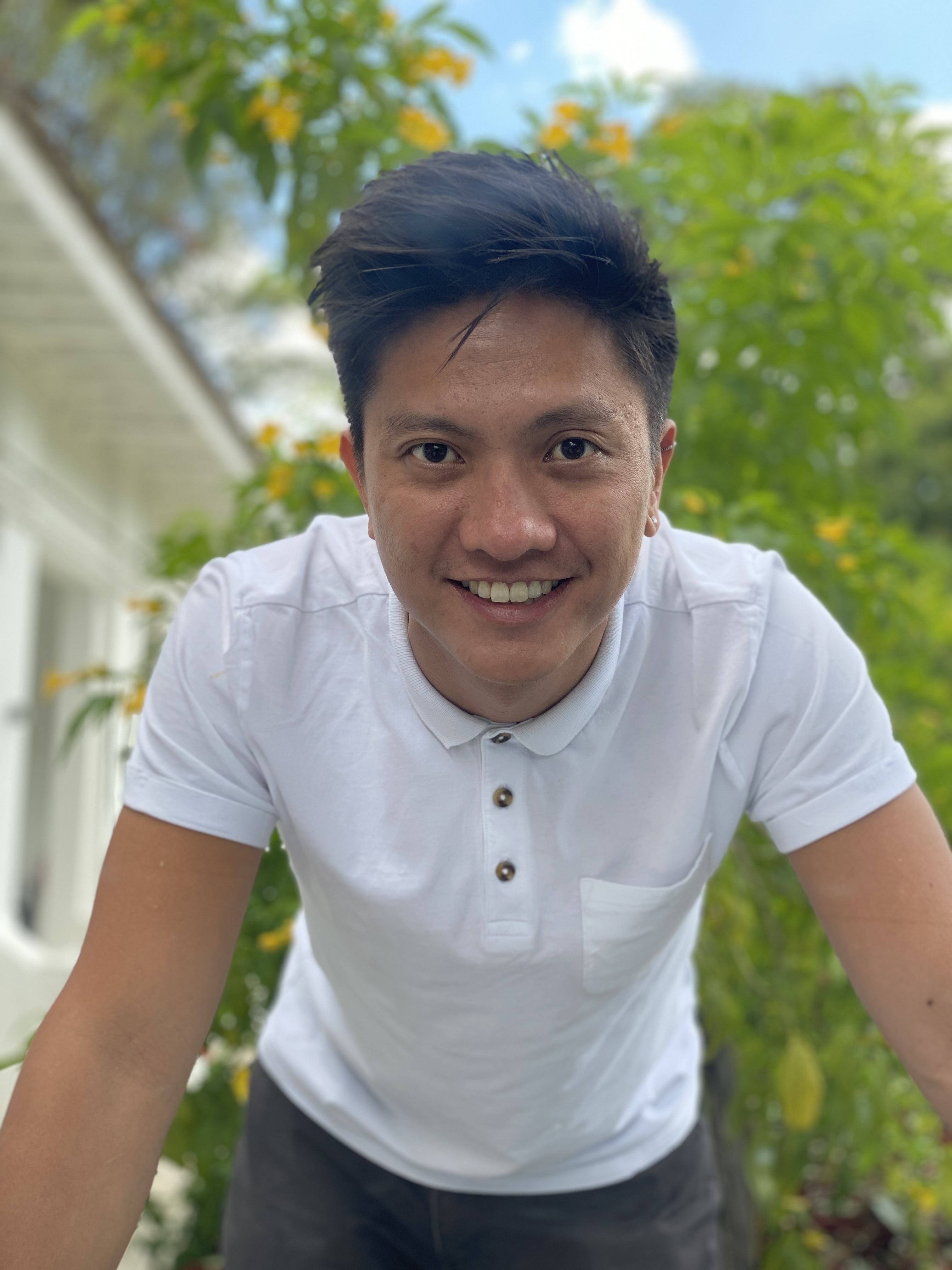 Dr Jonathan Ng is currently with the Physical, Sport and Outdoor Education Branch, Ministry of Education. Jonathan's work is largely influenced by the ecological dynamics perspective and focuses on impacting curriculum, pedagogy and assessment in the area of physical education. His research suggests that movement competence is a multi-dimensional construct that has implications on long-term physical activity and athlete potential. Importantly, acquisition of expertise in the movement domain is inherently dependent on varied movement experiences that provide opportunities to develop important attributes such as adaptability through concepts such as perception-action coupling.
Dr Jonathan Ng is currently with the Physical, Sport and Outdoor Education Branch, Ministry of Education. Jonathan's work is largely influenced by the ecological dynamics perspective and focuses on impacting curriculum, pedagogy and assessment in the area of physical education. His research suggests that movement competence is a multi-dimensional construct that has implications on long-term physical activity and athlete potential. Importantly, acquisition of expertise in the movement domain is inherently dependent on varied movement experiences that provide opportunities to develop important attributes such as adaptability through concepts such as perception-action coupling.View the Video here.
Dr Rich Masters
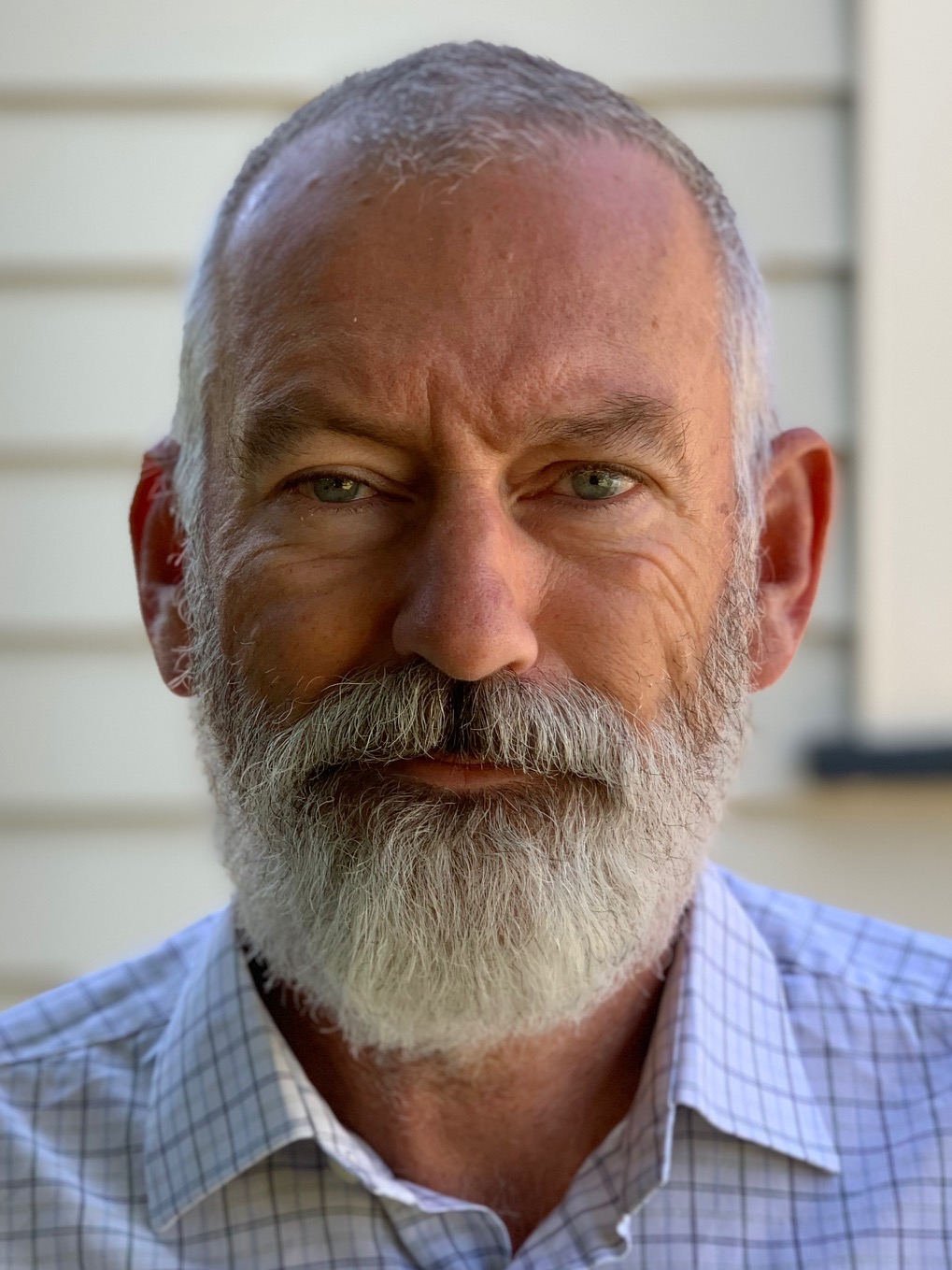 Dr Rich Masters is a Professor of Human Movement Psychology in Te Huataki Waiora School of Health, University of Waikato, New Zealand. Prof Masters is an expert in implicit motor learning among high performance athletes and beginners. His primary research in implicit motor learning shows that people can acquire movement skills implicitly without conscious awareness of the verbalized knowledge that supports their performance. His expertise has also seen him lead the development of a skill acquisition framework used by High Performance Sport New Zealand.
Dr Rich Masters is a Professor of Human Movement Psychology in Te Huataki Waiora School of Health, University of Waikato, New Zealand. Prof Masters is an expert in implicit motor learning among high performance athletes and beginners. His primary research in implicit motor learning shows that people can acquire movement skills implicitly without conscious awareness of the verbalized knowledge that supports their performance. His expertise has also seen him lead the development of a skill acquisition framework used by High Performance Sport New Zealand. View the Video here.
He Qixiang
.jpg) Mr He Qixiang is a PhD student at the National Institute of Education. In this newsletter, he shares about the key findings of his publication with a novel methodology - 'Daylight Savings Time Transitions in Football Injuries and Key Performance Indicators in the Bundesliga: A Web-Scraping Approach'. His research interests are in talent identification and the usage of technology in sports.
Mr He Qixiang is a PhD student at the National Institute of Education. In this newsletter, he shares about the key findings of his publication with a novel methodology - 'Daylight Savings Time Transitions in Football Injuries and Key Performance Indicators in the Bundesliga: A Web-Scraping Approach'. His research interests are in talent identification and the usage of technology in sports. Read the Newsletter here.
By NYSI
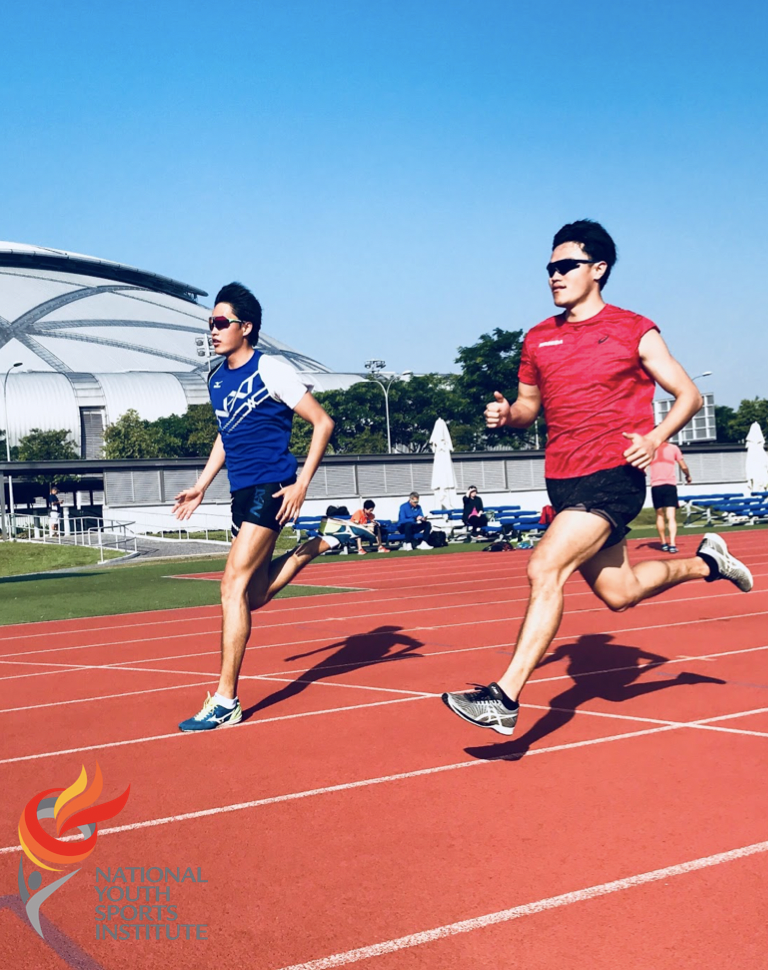 Athletes have an increased demand for vitamin D due to their high training load and physiological stress. A key source of vitamin D is sunlight. Despite Singapore's tropical climate, many elite athletes were reported to be deficient in vitamin D. This may result in increased risk of injuries and reduced training quality. This edition of Research Bytes discusses how athletes can meet their vitamin D requirements.
Athletes have an increased demand for vitamin D due to their high training load and physiological stress. A key source of vitamin D is sunlight. Despite Singapore's tropical climate, many elite athletes were reported to be deficient in vitamin D. This may result in increased risk of injuries and reduced training quality. This edition of Research Bytes discusses how athletes can meet their vitamin D requirements. View the Video here.
Dr Arne Güllich
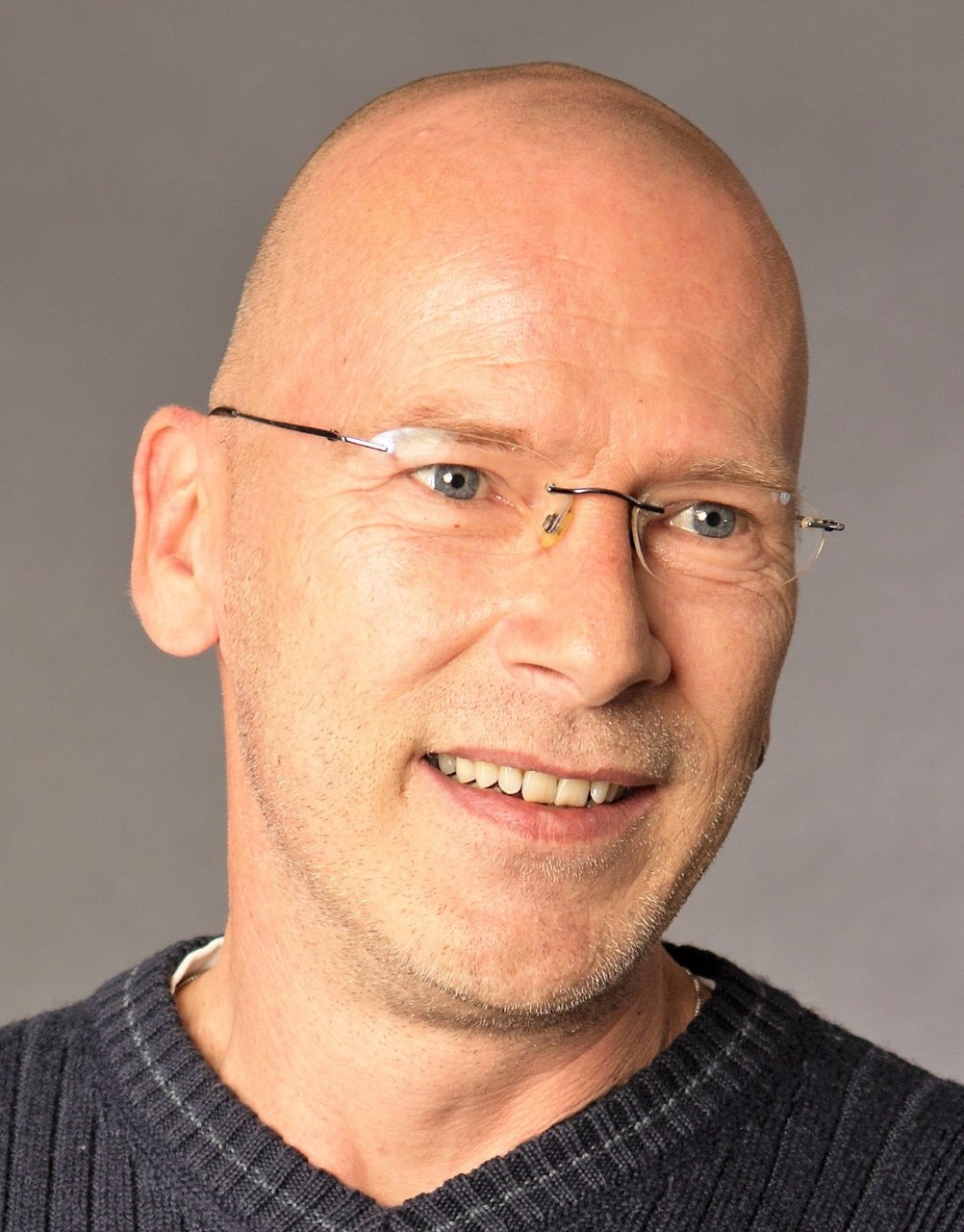 Dr Arne Güllich is the head of the Department of Sport Science and the director of the Institute of Applied Sport Science at the University of Kaiserslautern, Germany. He was previously the head of talent development at the German Olympic Sports Confederation (DOSB). Arne has also coached youth and senior track and field athletes, including Olympians. His research interests focus on youth sport, talent development and the evaluation of talent development programmes.
Dr Arne Güllich is the head of the Department of Sport Science and the director of the Institute of Applied Sport Science at the University of Kaiserslautern, Germany. He was previously the head of talent development at the German Olympic Sports Confederation (DOSB). Arne has also coached youth and senior track and field athletes, including Olympians. His research interests focus on youth sport, talent development and the evaluation of talent development programmes. View the Video here.
Dr Li Chunxiao
 Dr Li Chunxiao is an assistant professor at National Institute of Education. He came up with a taxonomic classification of the talent development environmental factors in sports in his publication, ‘Talent development environmental factors in sport: A review and taxonomic classification’. He also established how the environment affects sports performances in another publication, ‘Relationships between talent development environments and mental toughness: The role of basic psychological need satisfaction’. To date, he has published over 50 international peer-reviewed journal articles, mainly in the field of sport psychology.
Dr Li Chunxiao is an assistant professor at National Institute of Education. He came up with a taxonomic classification of the talent development environmental factors in sports in his publication, ‘Talent development environmental factors in sport: A review and taxonomic classification’. He also established how the environment affects sports performances in another publication, ‘Relationships between talent development environments and mental toughness: The role of basic psychological need satisfaction’. To date, he has published over 50 international peer-reviewed journal articles, mainly in the field of sport psychology.View the Video here.
Dr Elsa Kristiansen

Dr Elsa Kristiansen is a Professor of Management at the University of South-Eastern Norway. She shares about the Norwegian youth sports system in her publications titled 'Developing young athletes: The role of the private sport schools in the Norwegian sport system' and 'Young female handball players and sport specialization: How do they cope with the transition from primary school into secondary school?'. She has published over 60 articles and book chapters, the majority of which are in the areas of sport psychology and sport management.
View the Video here.
By NYSI
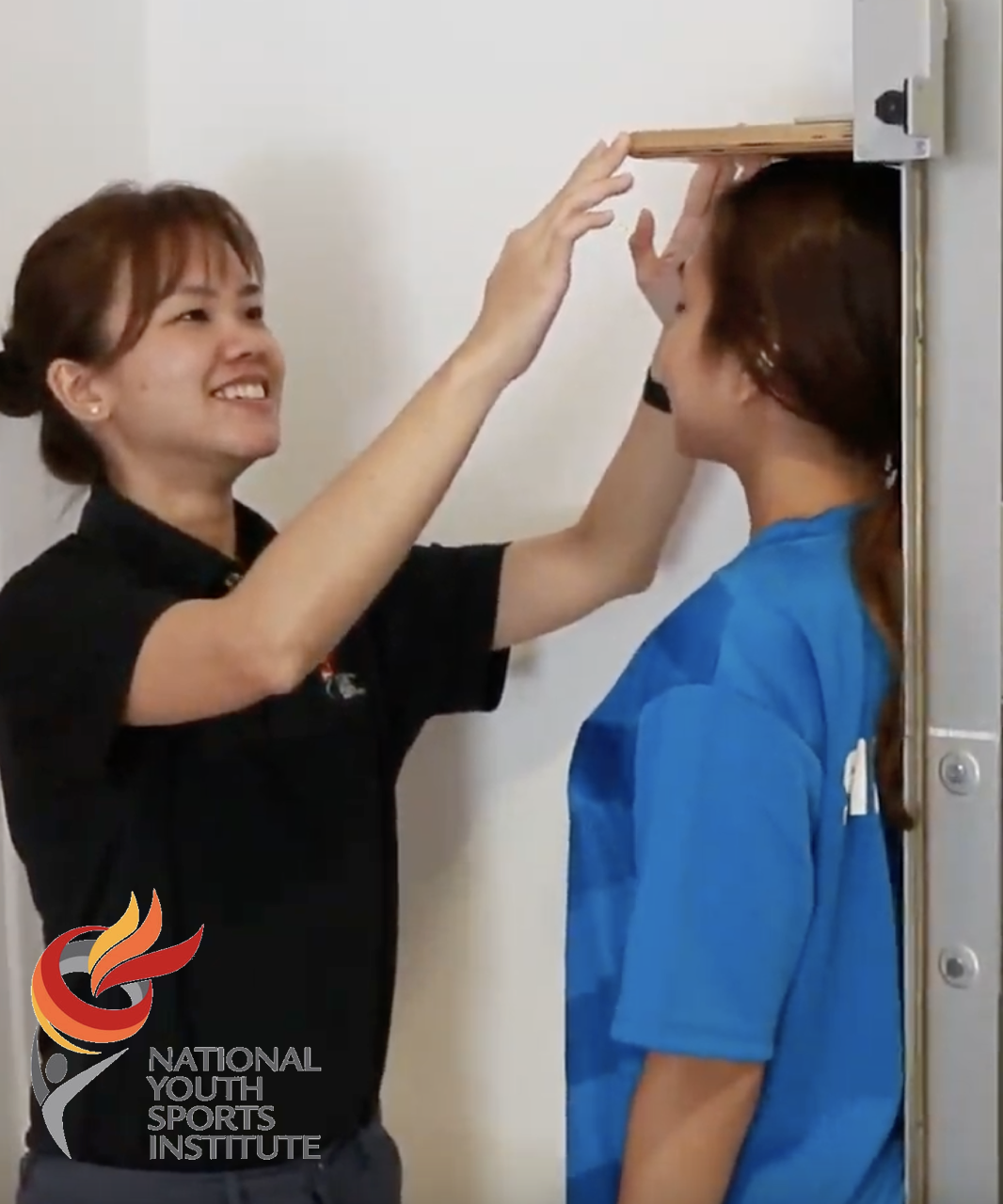 This edition of Research Bytes sheds light on the topic of growth and maturation in youth sports. It highlights the concept of bio-banding, which is a process that involves grouping athletes based on attributes associated with growth and maturation rather than chronological age. This release discusses how sport practitioners can aid late developing youth athletes while optimising training and performance for the early maturers.
This edition of Research Bytes sheds light on the topic of growth and maturation in youth sports. It highlights the concept of bio-banding, which is a process that involves grouping athletes based on attributes associated with growth and maturation rather than chronological age. This release discusses how sport practitioners can aid late developing youth athletes while optimising training and performance for the early maturers.View the Video here.
Jericho Wee
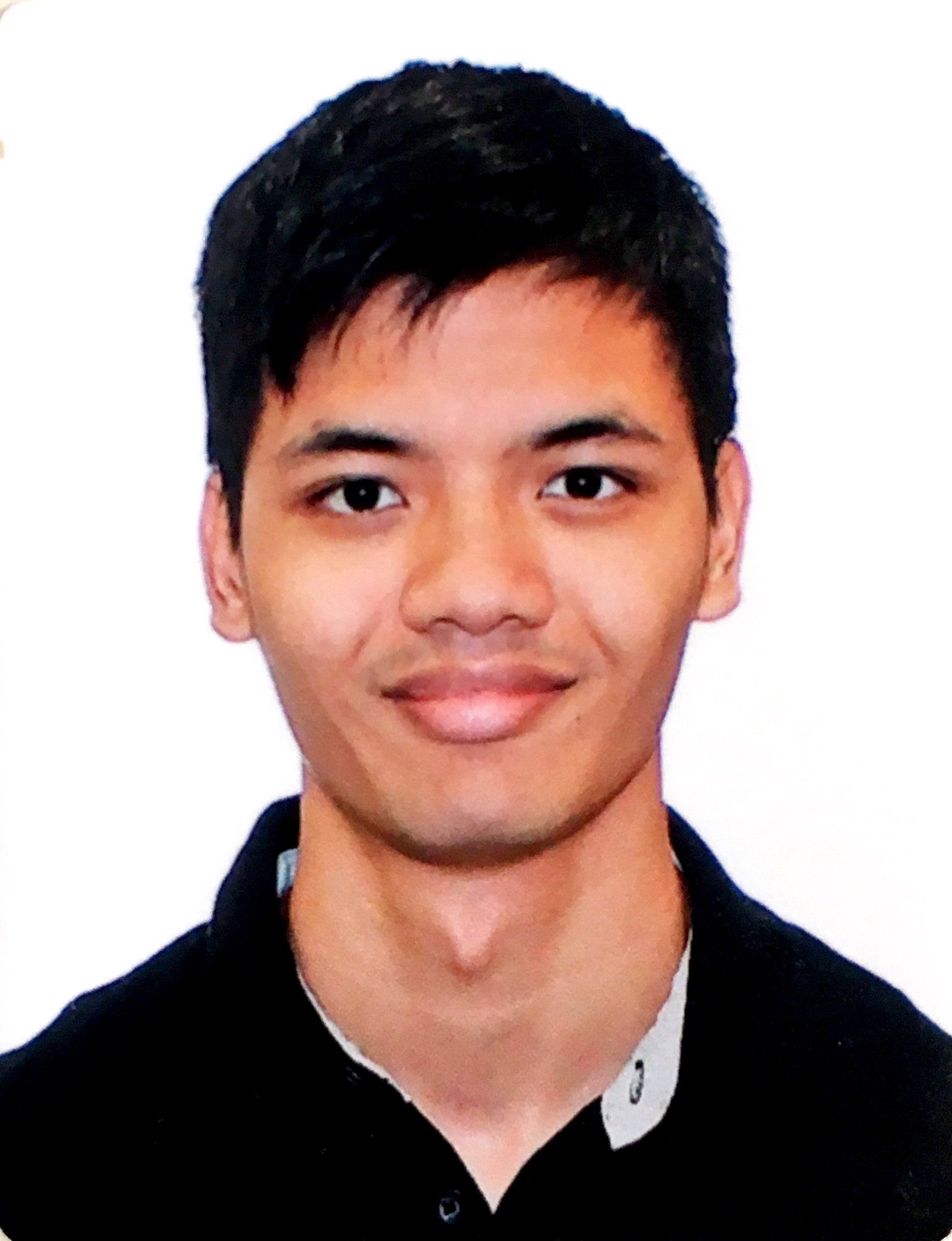 Mr Jericho Wee is a Sport Physiologist in NYSI. In this video, he shares about the key findings from his recent publication which he co-authored – ‘Validity and Reliability of Portable Gym Devices and an iPhone App to Measure Vertical Jump Performance'. His research interests are in sleep and motor learning; and validity of assessment tools.
Mr Jericho Wee is a Sport Physiologist in NYSI. In this video, he shares about the key findings from his recent publication which he co-authored – ‘Validity and Reliability of Portable Gym Devices and an iPhone App to Measure Vertical Jump Performance'. His research interests are in sleep and motor learning; and validity of assessment tools.Read the Newsletter here.
Dr Abdul Rashid Aziz
 Dr Abdul Rashid Aziz, a sport physiologist and a strength and conditioning coach at Singapore Sports Institute (SSI), shares about his publication titled 'Effects of Ramadan fasting on the physical activity profile of trained Muslim soccer players during a 90-minute match.' His research interest lies in emerging Asian-dominated sports such as sepak-takraw and pencak-silat.
Dr Abdul Rashid Aziz, a sport physiologist and a strength and conditioning coach at Singapore Sports Institute (SSI), shares about his publication titled 'Effects of Ramadan fasting on the physical activity profile of trained Muslim soccer players during a 90-minute match.' His research interest lies in emerging Asian-dominated sports such as sepak-takraw and pencak-silat. Read the Newsletter here.
Dr Haresh Suppiah
 Dr Haresh Suppiah is a sport physiologist in NYSI. This video edition summarises the key findings from his recent publication which he co-authored - 'Effects of a Short Daytime Nap on Shooting and Sprint Performance in High-level Adolescent Athletes'. His research interests are in sleep and recovery strategies in high-performance sport.
Dr Haresh Suppiah is a sport physiologist in NYSI. This video edition summarises the key findings from his recent publication which he co-authored - 'Effects of a Short Daytime Nap on Shooting and Sprint Performance in High-level Adolescent Athletes'. His research interests are in sleep and recovery strategies in high-performance sport. View the Video here.
Dr Israel Halperin
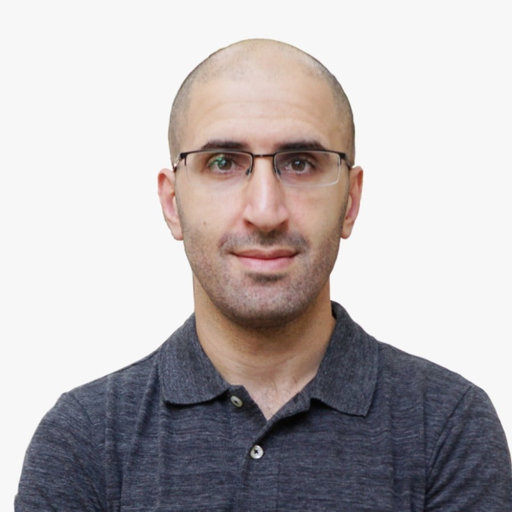 Dr Israel Halperin is a Senior Lecturer in the School of Public Health at Tel Aviv University. This video edition summarises the key findings from his recent publication which he co-authored - 'Autonomy, a missing ingredient of a successful program'. His research interests are in motor learning, strength and conditioning, and research methodology.
Dr Israel Halperin is a Senior Lecturer in the School of Public Health at Tel Aviv University. This video edition summarises the key findings from his recent publication which he co-authored - 'Autonomy, a missing ingredient of a successful program'. His research interests are in motor learning, strength and conditioning, and research methodology.View the Video here.
Ng Ee Ling
 Ms Ng Ee Ling is a dietician at NYSI. She shares about her presentation at the International Conference on Adaptations and Nutrition in Sports (ICANS) titled 'Fluid Balance and Hydration Practices of High-Performance Singaporean Youth Athletes'. Her research interest is in fluid balance among youth athletes in relation to their training.
Ms Ng Ee Ling is a dietician at NYSI. She shares about her presentation at the International Conference on Adaptations and Nutrition in Sports (ICANS) titled 'Fluid Balance and Hydration Practices of High-Performance Singaporean Youth Athletes'. Her research interest is in fluid balance among youth athletes in relation to their training. Read the Newsletter here.
View the Video here.
Dr Shona Halson
 Dr Shona Halson is an Associate Professor in the School of Behavioural and Health Sciences at the Australian Catholic Unversity (ACU). She shares about her research on recovery periodisation and athletes' recovery behaviours. Her research centers on recovery strategies for athletes.
Dr Shona Halson is an Associate Professor in the School of Behavioural and Health Sciences at the Australian Catholic Unversity (ACU). She shares about her research on recovery periodisation and athletes' recovery behaviours. Her research centers on recovery strategies for athletes.Read the Newsletter here.
Dr Natalia Stambulova
 Dr Natalia Stambulova, a Professor in Sport & Exercise Psychology in the School of Health and Welfare at Halmstad University, Sweden and a visiting Professor in the School of Sports Science and Clinical Biomechanics at Southern Denmark University, shares about her research on the Holistic Ecological Approach (HEA) to talent development. Her research centers on developmental psychology and sport psychology.
Dr Natalia Stambulova, a Professor in Sport & Exercise Psychology in the School of Health and Welfare at Halmstad University, Sweden and a visiting Professor in the School of Sports Science and Clinical Biomechanics at Southern Denmark University, shares about her research on the Holistic Ecological Approach (HEA) to talent development. Her research centers on developmental psychology and sport psychology. Read the Newsletter here.
Dr Jason Lee
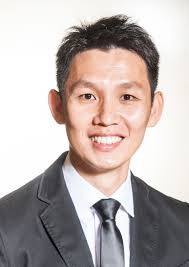 Dr Jason Lee, a Programme Director at the DSO National Laboratories and an Associate Prof at the Yong Loo Lin School of Medicine (NUS), shares about his latest consensus statement that he co-authored - 'Consensus Recommendations on Training and Competing in the Heat'. His research centers on fluid balance, thermoregulation and mitigation strategies for improving human performance under occupational and sports settings in the heat.
Dr Jason Lee, a Programme Director at the DSO National Laboratories and an Associate Prof at the Yong Loo Lin School of Medicine (NUS), shares about his latest consensus statement that he co-authored - 'Consensus Recommendations on Training and Competing in the Heat'. His research centers on fluid balance, thermoregulation and mitigation strategies for improving human performance under occupational and sports settings in the heat. Read the Newsletter here.
Dr Swarup Mukherjee
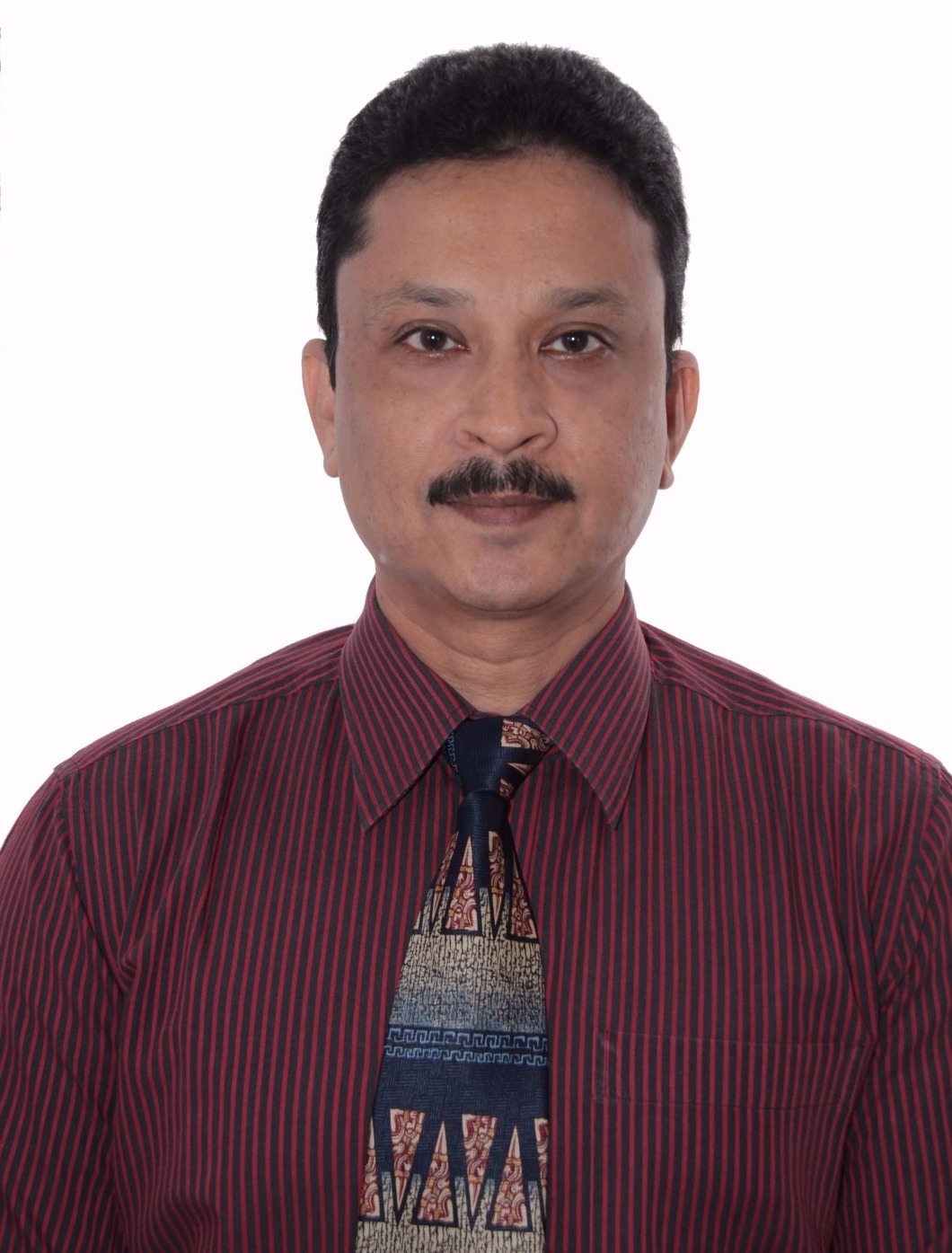 Dr Swarup Mukherjee, a trained medical doctor, specialised in sports medicine, shares about his research publication, 'Perceptions, awareness and knowledge of the Female Athlete Triad amongst Coaches - Are we meeting the expectations for athlete safety?'. He is also an Associate Prof in the Physical Education and Sport Science Academic Group at the National Institute of Education.
Dr Swarup Mukherjee, a trained medical doctor, specialised in sports medicine, shares about his research publication, 'Perceptions, awareness and knowledge of the Female Athlete Triad amongst Coaches - Are we meeting the expectations for athlete safety?'. He is also an Associate Prof in the Physical Education and Sport Science Academic Group at the National Institute of Education. Dr Kevin Till
Contextualising Fitness Data to Youth Athletes' Maturity and Age
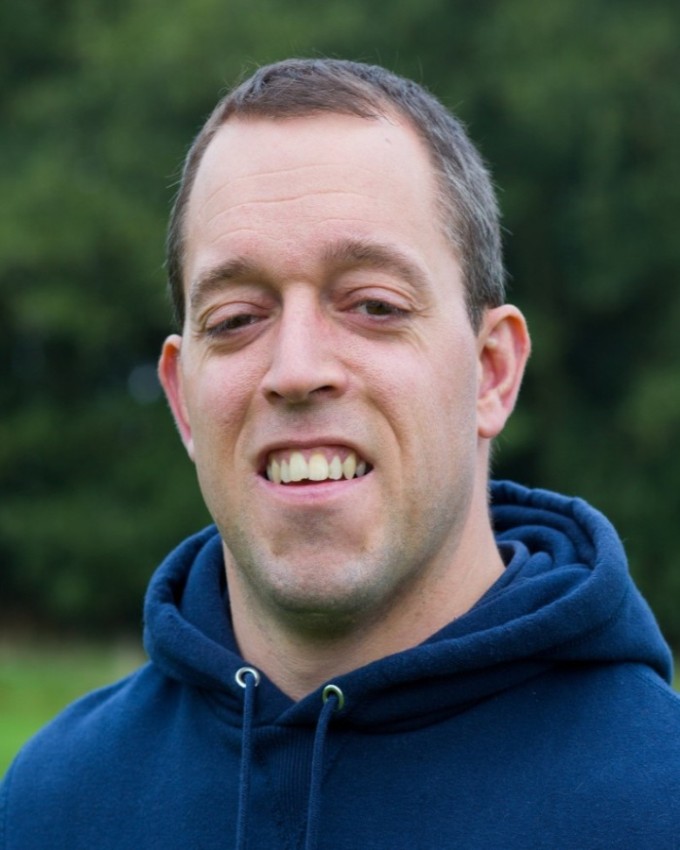 Dr Kevin Till, Reader in Athlete Development in the Sports Coaching Group at Leeds Beckett University, shares about his latest manuscript, ‘Enhancing the Evaluation and Interpretation of Fitness Testing Data within Youth Athletes’. Kevin currently co-leads the Carnegie Adolescent Rugby Research (CARR) project, aimed at developing evidence-based practice within adolescent rugby union players.
Dr Kevin Till, Reader in Athlete Development in the Sports Coaching Group at Leeds Beckett University, shares about his latest manuscript, ‘Enhancing the Evaluation and Interpretation of Fitness Testing Data within Youth Athletes’. Kevin currently co-leads the Carnegie Adolescent Rugby Research (CARR) project, aimed at developing evidence-based practice within adolescent rugby union players.Dr Koh Koon Teck
Enhancing Coaching with Information Communication and Technologies (ICT)
.png)
Dr Koh Koon Teck, Head of the Department of Physical Education & Sports Science (PESS) at the National Institute of Education (NIE), discusses his recent article, ‘The Internet as a source of learning for youth soccer coaches’. His research interests are in the use of Information Communication and Technologies (ICT) to enhance teaching and learning in PE and coaching; as well as Coach Education and Development.
Miriam Lee
Nonlinear Pedagogy
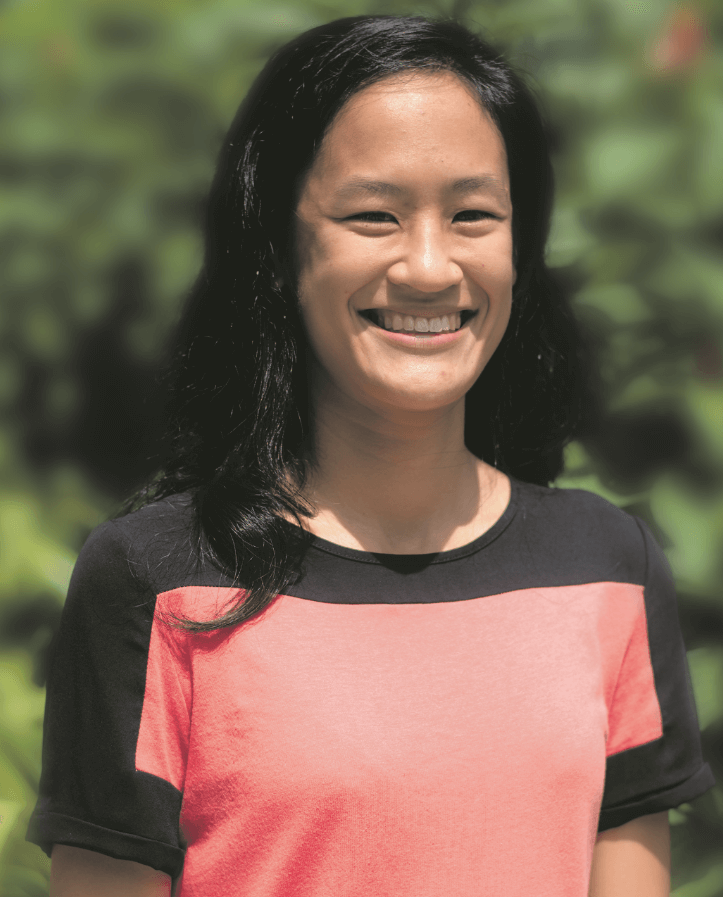
Miriam Lee is a Manager in the Programme Innovation team at Sport Singapore. She discusses her recent article, 'Nonlinear Pedagogy and its role in encouraging twenty-first century competencies through physical education: A Singapore experience'. Her research interests are in nonlinear pedagogy and in the area of motor control and learning for children.
Matthew Wylde
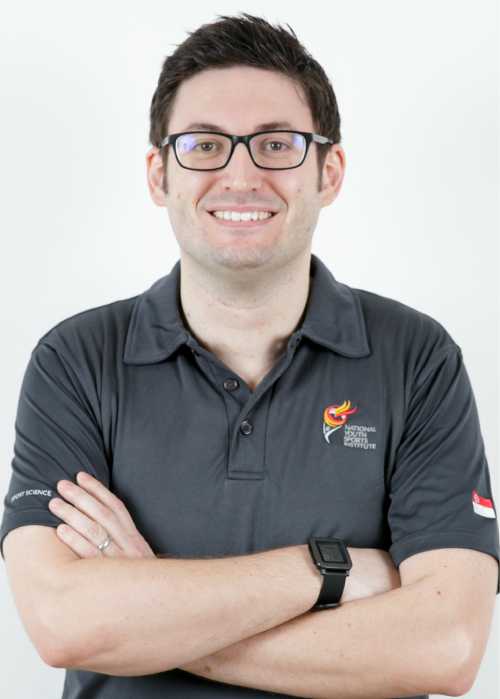
Mr Matthew Wylde is the Head of Performance Analytics at NYSI. He shares about his presentation at the 2018 Australian Strength and Conditioning Association Southeast Asian Conference in Singapore titled ‘The use of differential ratings of perceived exertion and accelerometer-derived player load to quantify biomechanical and physiological load in adolescent badminton’.
Read the Newsletter here.
Nessan Costello
Snap-n-Send: A Dietary Assessment Tool
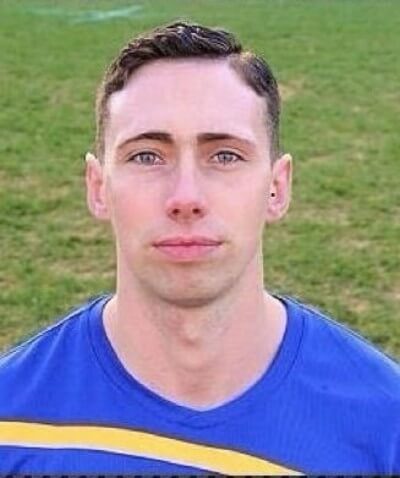
Nessan Costello is a SENr accredited performance nutritionist currently working as a performance nutritionist at Leeds United F.C. and the Leeds Rhinos R.F.L.C. academy, while completing a PhD on professional rugby league players at Leeds Beckett University. The interview looks into Nessan’s early PhD research designing and investigating the validity of a novel photography and behavioural dietary assessment tool called Snap-N-Send.
Dr Michele Lastella
Sleep Behaviour of Coaches
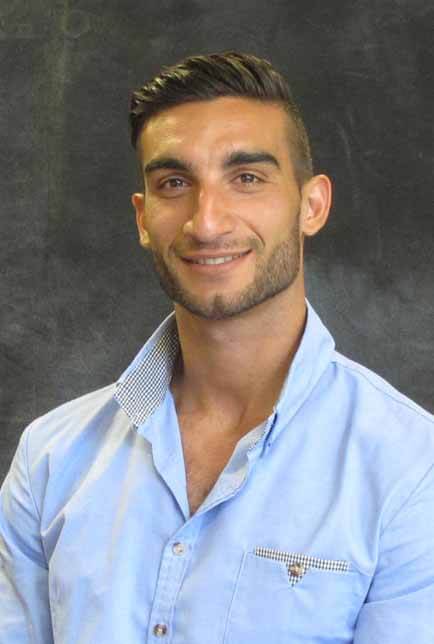
Dr Michele Lastella, a lecturer and research fellow from the Central Queensland University, recently published an article titled, ‘Sleep at the helm: A case study of how a head coach sleeps compared to his team’. His research interests include sleep and circadian rhythms of elite athletes and sport psychology.
Read the Newsletter here.
Dr Johan Pion
KTK: A Tool to Detect Better Movers
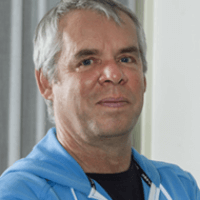
Dr Bryan Mann

Dr Bryan Mann is the assistant director of strength and conditioning at the University of Missouri. He published the paper ‘Effect of Physical and Academic Stress on Illness and Injury in Division 1 College Football Players’. Dr Haresh Suppiah of the NYSI interviewed Dr Mann about his unique study which highlighted the effect of academic stress on injury rates in collegiate athletes.
Dr Damien McKay
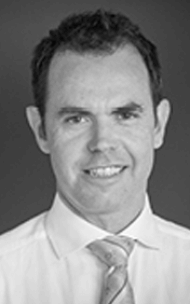
Dr Damien McKay, a widely published and leading paediatrician, recently published an article titled, 'The Adolescent Athlete: A Developmental Approach to Injury Risk'. His interests include fitness assessment and exercise prescription in children, concussive head injury in youth athletes, and factors influencing injury in adolescent athletes, an area for which he was previously appointed as a Scientific Advisor to the IOC.
Pleun van Ginneken

Pleun van Ginneken is a graduate from Vrije Universiteit Amsterdam and co-authored the paper 'Age-ordered shirt numbering reduces the selection bias associated with the relative age effect', published in the Journal of Sports Science, in collaboration with the MOVE Research Institute. She shares her novel interventional study to overcome the relative age effect selection bias.
Read the Newsletter here.Dr Anna Saw

Dr Anna Saw is a sport scientist with Deakin University's Centre for Sport Research. She discusses her recent publication, 'Monitoring the athlete training response: Subjective self-reported measures trump commonly used objective measures: A systematic review', published in the British Journal of Sports Medicine.
